Homeschooling Rising Into the Twenty-First Century:
Does Homeschooling “Work”? A Critique of the Empirical Claims and Agenda of Advocacy Organizations
ALPHA-PHONICS Blog Editor Note: This is part 10 of an 11 part series of papers on the status of Homeschooling in the US. Remaining part will be posted shortly. The study was conducted under the auspices of Vanderbilt University Peabody Journal of Education: Issues of Leadership, Policy and Organizations. The writers of this part are quite negative about Homeschooling,
Peabody Journal of Education: Issues of Leadership, Policy, and Organizations, Vol. 88, No. 3
Charles Lubienski, Tiffany Puckett and T. Jameson Brewer, University of Illinois
ABSTRACT
The phenomenal growth of homeschooling in recent years demonstrates not only the appeal of this educational approach but also the notable policy acumen of the homeschooling movement’s leading advocates. This analysis examines and critiques the empirical claims made by homeschooling proponents to justify further expansion and deregulation of the movement, and sheds light on the homeschool advocacy agenda explicit in those claims. Advocates often strongly suggest a causal connection between homeschooling and academic success, postsecondary attainment, and even enjoyment of life. Seemingly, these benefits are experienced all at a reduced cost per student. It is through such claims that homeschooling advocates have expanded the practice of homeschooling and have pressed for fewer state regulations and less oversight. This article outlines and challenges those claims, showing the tenuous basis for such conclusions. Instead, in an era when policymakers demand evidence of effective educational practices, we note the remarkable lack of empirical evidence on the effectiveness of this popular approach and suggest that continued efforts to claim such evidence exists indicates the desire of advocates to further advance what is largely an ideological agenda of deregulation as an end in itself.
ABOUT THE AUTHORS
Christopher Lubienski is Professor of Education Policy and Director of the Forum on the Future of Public Education at the University of Illinois, where his research focuses on education policy, reform, and the political economy of education, with particular concern for issues of equity and access. He currently leads a multiyear project on intermediary organizations’ ability to influence research use in the policymaking process (with Elizabeth DeBray and Janelle Scott). Lubienski has published more than 40 articles in academic journals, including in the American Education Research Journal and the Oxford Review of Education. His recent books include The Charter School Experiment: Expectations, Evidence, and Implications (edited with Peter Weitzel; Harvard Education Press, 2010) and The Public School Advantage (with Sarah Lubienski; University of Chicago Press, 2013).
Tiffany Puckett is a Ph.D. student in Education Policy, Organization and Leadership at the University of Illinois at Urbana-Champaign, where she studies education law, policy development, implementation and compliance, with a special interest in special education matters. Prior to her graduate studies, she was an attorney for the District of Columbia Public Schools and Baltimore City Public Schools.
T. Jameson Brewer is a Ph.D. student at the University of Illinois where he studies Teach For America (TFA) and other market-based reforms within education. Despite being a traditionally trained educator, he joined TFA and taught high school history in Atlanta Public Schools. He has published articles in Anthony Cody’sLiving in Dialogue blog at Education Week, presented at academic conferences, and appeared as a guest on Education Radio to discuss his experiences in TFA. He recently published “Rousseau Plays Outside in Norway: How Norwegian Outdoor Kindergartens Employ Notions of Play” (International Journal of Play, 2012) as an international comparison of Norwegian and U.S. pedagogical practices.
The Publishers of ALPHA-PHONICS are pleased to present this series of studies on the status of Homeschooling in the US. For the past 36 years many Homeschooling Families have chosen ALPHA-PHONICS to be their resource to teach reading to their children. You can find out why below:

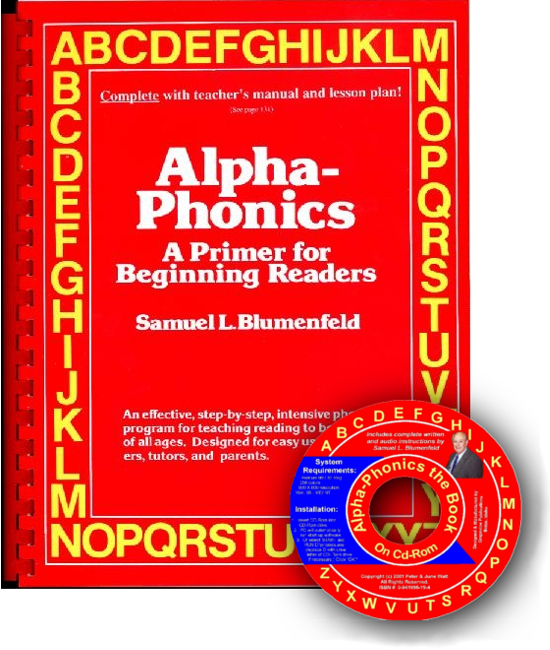 Alpha-Phonics
Alpha-Phonics The Alphabet Song!
The Alphabet Song! Water on the Floor
Water on the Floor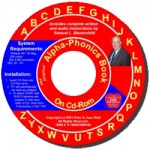 Alpha-Phonics the Book on CD Rom
Alpha-Phonics the Book on CD Rom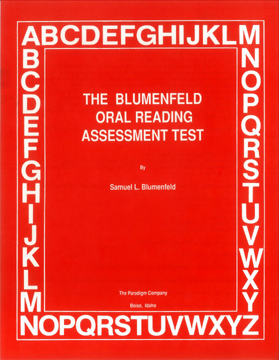 Blumenfeld Oral Reading Assessment Test
Blumenfeld Oral Reading Assessment Test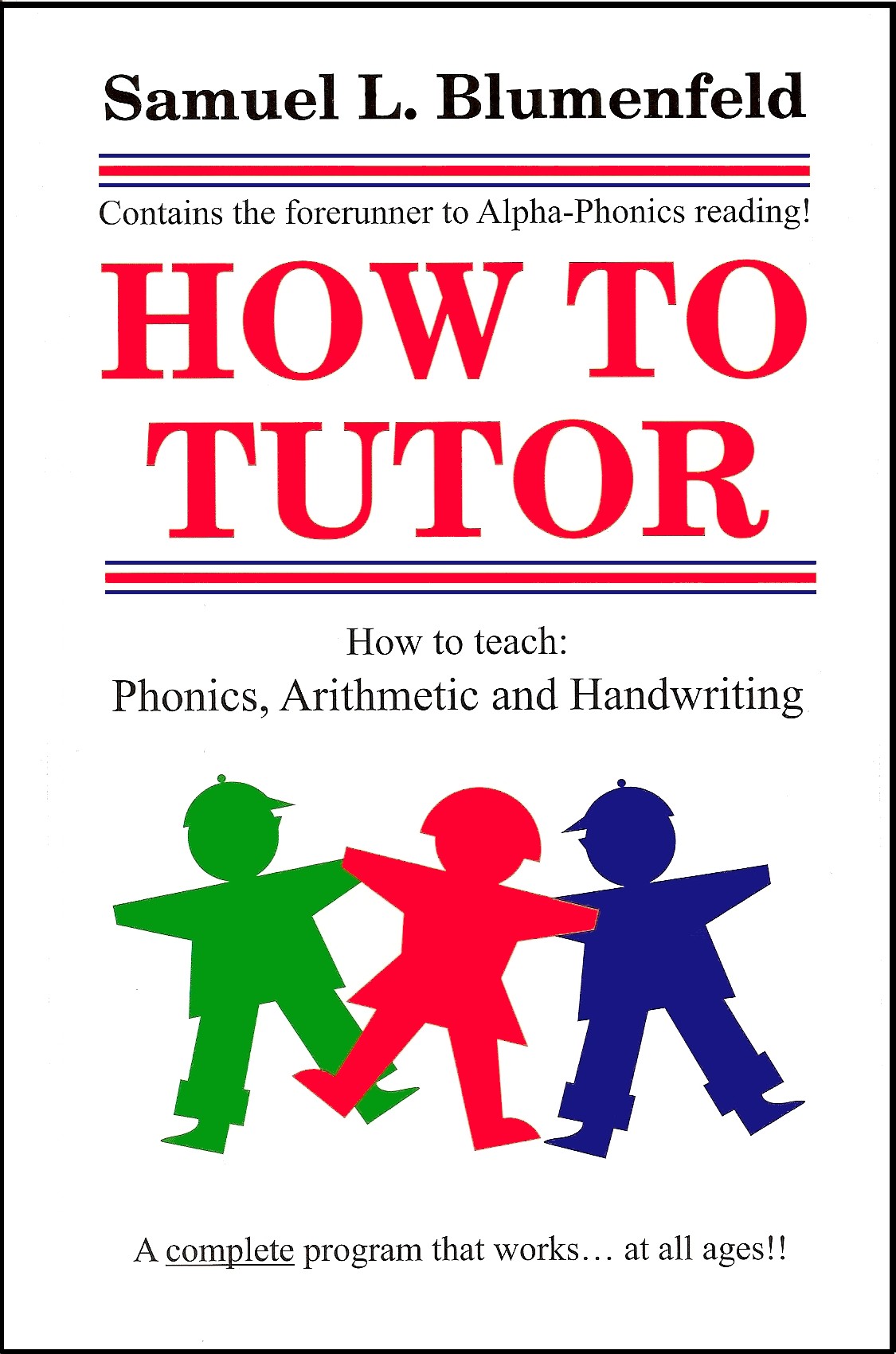 How To Tutor
How To Tutor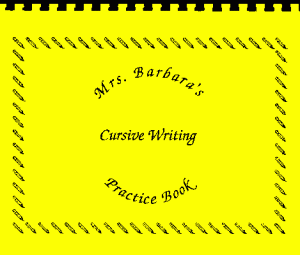 How To Tutor Cursive Handwriting Workbook
How To Tutor Cursive Handwriting Workbook